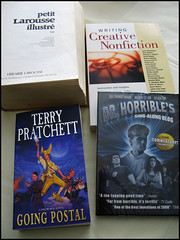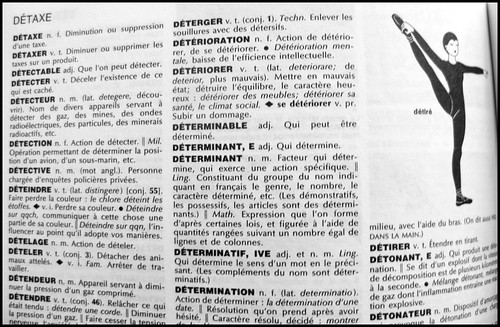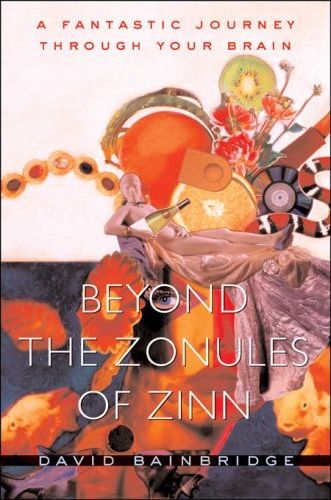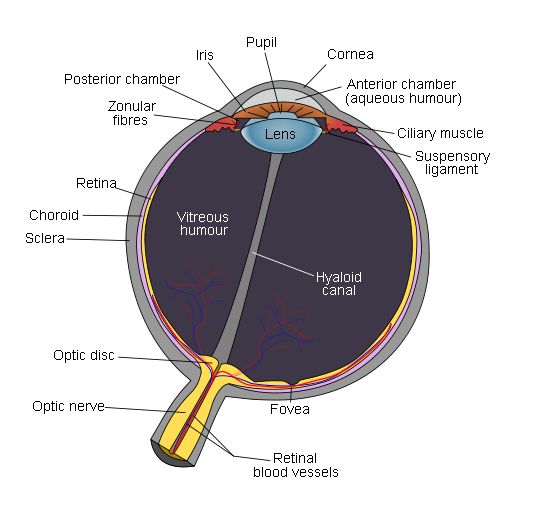It was a bonanza day at the mailbox today. Two different shipments arrived — one from Amazon.ca and one from AbeBooks, my preferred online seller of used books.
The Amazon shipment included more Discworld novels by Terry Pratchett (now Sir Terry Pratchett), including the very funny Going Postal. My set of trade paperbacks is now complete, until TP publishes another. His latest novel, Nation, is one of his rare non-Discworld works. In my re-reading of Discworld, in the sequence in which they were published, I’ve reached Maskerade.
There’s no single thing that attracts me to Pratchett’s fantasy series — sometimes called ‘comedic fantasy’, which is accurate as far as it goes. It’s zany, similar in spirit if not in style, to Douglas Adams’s Hitchhiker’s Guide to the Galaxy series. It’s often funny in the way Joss Whedon scripts are funny — quick lines and understatements and unexpected juxtapositions.
Pratchett is also amusing, as well as thought provoking, as a social satirist. His thinly disguised sendups of the Gulf War, Christmas, opera, rock music, Shakespearean drama, and Hollywood, among other things, are all part of the fun.
He’s an interesting stylist too. His plot structures resemble a spiral more than anything else, and they’re not always easy to follow. He includes no chapter breaks — the books seemingly ramble about — but they always circle back toward the centre.
I find a great deal of wisdom in his novels. It pops up in the Night Watch books, the witch novels, the novels in which Death is the main character, and especially in the Tiffany Aching stories.
The reason I’ve collected all his novels is that I want to read and re-read them for years, the way I do with David Eddings’s Belgariad and Mallorean series, and the eternally delightful mysteries of Agatha Christie. When I need ‘comfort’ reading, these are the books I reach for.
The DVD of Dr. Horrible’s Singalong Blog is something I’ve bought on faith. I’m not even certain what it is, but it’s by Joss Whedon and it’s had enthusiastic reviews. As I mentioned in my blog entry Things Joss Whedony, I’m addicted to the man’s creative productions.
The book Writing Creative Nonfiction is a followup to a posting on the newly-launched Creative NonFiction Writing Forums. It sounded interesting and instructive, and it wasn’t very expensive, so I simply indulged.
Le Petit Larousse Illustré, 1982 ed., is a used book I sought out after a conversation in Starbucks with a man who was reading Nietzsche in French translation. I posted on this on the Creative NonFiction Writing Forums:
While sitting in Starbucks this morning [January 18, 2009], working on my current blog entry and browsing some of my favourite forums, I was joined across the table by an older gentleman (about my age) I’ve seen in Starbucks previously.
As I finished up my work and was putting away my netbook, I happened to look at the book he was reading. It was a book by Nietzsche, in French (I didn’t quite catch the title). My curiosity overcame me and I asked him why he was reading Nietzsche in a French translation. His simple answer: he liked reading French.
I asked him how he’d got so good at reading French (he was clearly not a native French speaker). I don’t know what I expected — that he’d been assigned to the French Embassy at some time in his career, that he had a bohemian period in Paris, that he’d been a member of the Foreign Legion.
No, he just liked reading French. He told me he’d taken French in school but had forgotten most of it, but one day he picked up a book in French and decided to read it. At first, he said, he had to use a dictionary for almost every other word. But now he scarcely uses a dictionary at all.
The breakthrough, he told me, came when he got rid of his French-English dictionary and started using Le Petit Larousse, a French-only dictionary. He said the French definitions were very clear, and that the dictionary also provided synonyms and antonyms.
Interesting. My ability to read French was never particularly good, but it even that has atrophied through disuse. Worse, I even live in a bilingual English-French country (though I rarely encounter French other than on my cereal boxes).
It’s making me think perhaps I should get a Le Petit Larousse if I can find a used one, and try some Camus again. I always loved Camus as a stylist.
I sincerely admire people who do things like read French simply because they like it, and elect to read their Nietzsche in French. Kudos!
I once owned a version of this fine dictionary when I was studying French at university, and the conversation brought back memories of my enjoyment of it. It may be an undertaking like yet another started and failed diet, but I truly want to try to re-learn how to read French. I’ve always liked French, though I have a tin ear for learning languages. I’m going to try, or put another way, je l’essai (which I’m certain is terrible French).
Besides, it’s a beautiful book.








